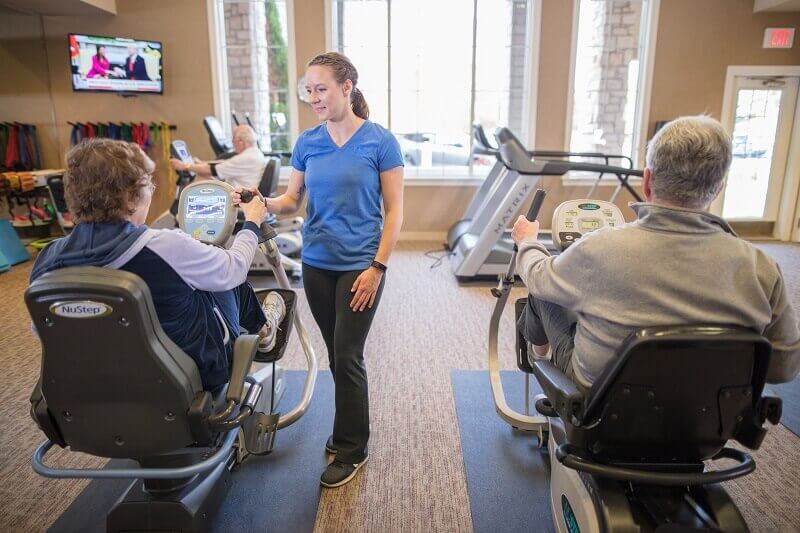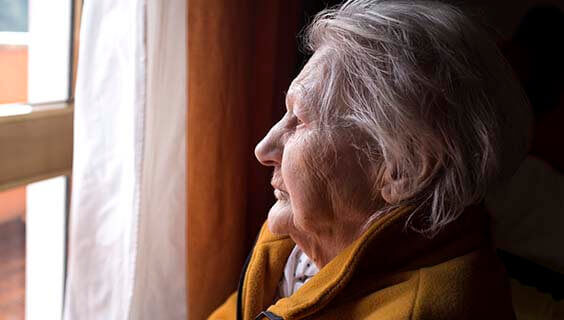
Are you looking towards retirement in a few years? Maybe you have already retired from work, downsized, and enjoying your freedom. Whatever stage you’re in, you’ll always need to examine your finances and make necessary adjustments. Planning for retirement early is best, but it’s never too late to start. We’ll look at the differences between a pension vs. a 401k and how you may be able to maximize your retirement options.
What is a Pension Plan?
A pension plan is an employee benefit where an employer makes monetary contributions to a fund. The employer promises to pay the eligible employee a certain amount after retiring. Pension plans are more likely to be offered in unions, government positions, and the public sector. However, these traditional pension plans are harder to come by as an employee benefit.
To learn more about public pensions plans versus private pensions and 401(k)s, and what may be best for your retirement options, CLICK HERE











